 BU’s Centre for Midwifery, Maternal & Perinatal Health has a long history of working Nepal. Last month (January 7th) BU’s partner Green Tara Nepal led the dissemination of the findings of our evaluation of key health promotion initiatives in Nepal. The evaluation was conducted in collaboration with the Government of Nepal, Green Tara Trust, a UK-based charity, several national and international non-governmental organisations and three UK universities, namely Liverpool John Moores University, Bournemouth University and the University of Sheffield. The evaluation identified key government, bilateral, UN agencies national and international non-governmental organisations working in health promotion in Nepal. Their health promotion activities and approaches were documented and gaps were identified.
BU’s Centre for Midwifery, Maternal & Perinatal Health has a long history of working Nepal. Last month (January 7th) BU’s partner Green Tara Nepal led the dissemination of the findings of our evaluation of key health promotion initiatives in Nepal. The evaluation was conducted in collaboration with the Government of Nepal, Green Tara Trust, a UK-based charity, several national and international non-governmental organisations and three UK universities, namely Liverpool John Moores University, Bournemouth University and the University of Sheffield. The evaluation identified key government, bilateral, UN agencies national and international non-governmental organisations working in health promotion in Nepal. Their health promotion activities and approaches were documented and gaps were identified.
As a follow up to both the evaluation and dissemination event we were asked by the journal Public Health Perspectives to write an editorial on our work.1 Our editorial ‘Health Promotion: A review of policies and practices in Nepal’ highlights the research we conducted and the state of health promotion we uncovered. We also used our editorial to explain the UK notion of impact as formalised in the 2014 Research Excellence Framework (REF). To explain to our non-academic readers the REF is a nation-wide system to assess the quality academic research in all academic disciplines. 2-4 One key part of the REF is measuring the ‘impact’ that a UK university has on society and/or the economy. This REF requires UK universities to write and submit a number of case studies that show societal impact.5 The dissemination of the health promotion research in Nepal is the beginning of a REF impact case study for Bournemouth University and our UK partner Liverpool John Moores University. The editorial is a further stepping stone in the dissemination especially since it was co-authored between UK academics, health promotion practitioners as well as a member of the Constitutional Assembly (the Nepali equivalent of Parliament). Working with policy-makers at an early stage increases the chances of our research being incorporated in national policy-making in Nepal.
Prof. Edwin van Teijlingen
CMMPH
References:
- Sharma, A, Tuladhar, G., Dhungel, A., Padmadharini, van Teijlingen, E., Simkhada, P. (2015) Health Promotion: A review of policies and practices in Nepal, Public Health Perpective 5(2): http://phpnepal.org/index.php?listId=941#.VO4Qvn9tXkd
- Parker, J., van Teijlingen, E. (2012) The Research Excellence Framework (REF): Assessing the impact of Social Work research on society, Practice: Social Work in Action 24(1): 41-52. http://eprints.bournemouth.ac.uk/20511/2/REF%20paper%20JPEvT.pdf
- van Teijlingen, E., Ryan, K., Alexander, J., Marchant, S. (2011) The Research Excellence Framework (REF): new developments to assess research in higher education institutions and its impact on society. MIDIRS 21 (3): 298-301.
- Hartwell, H., van Teijlingen, E., Parker, J. (2013) Nutrition; Effects of the Research Excellence Framework (REF) Nutrition & Food Science 43 (1): 74-77.
- Research Councils UK (2015) RCUK Review of Pathways to Impact: Summary http://www.rcuk.ac.uk/RCUK-prod/assets/documents/documents/PtoIExecSummary.pdf

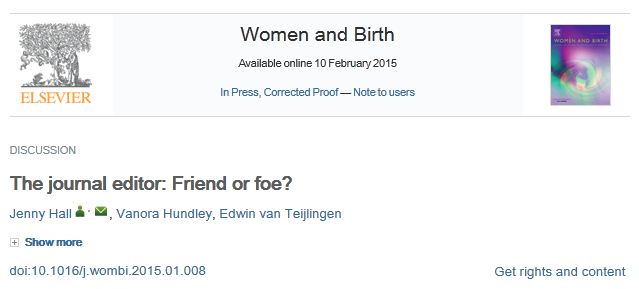


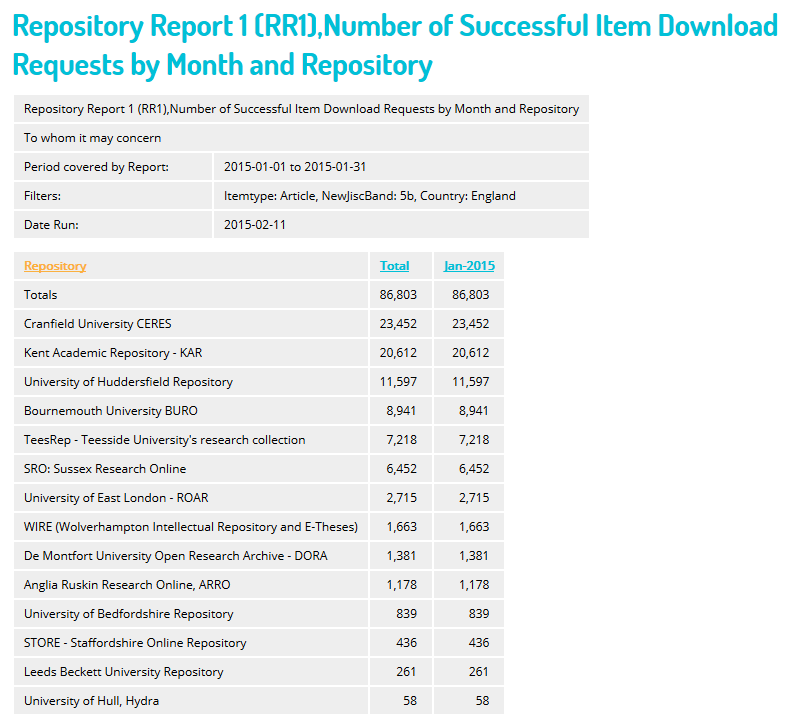
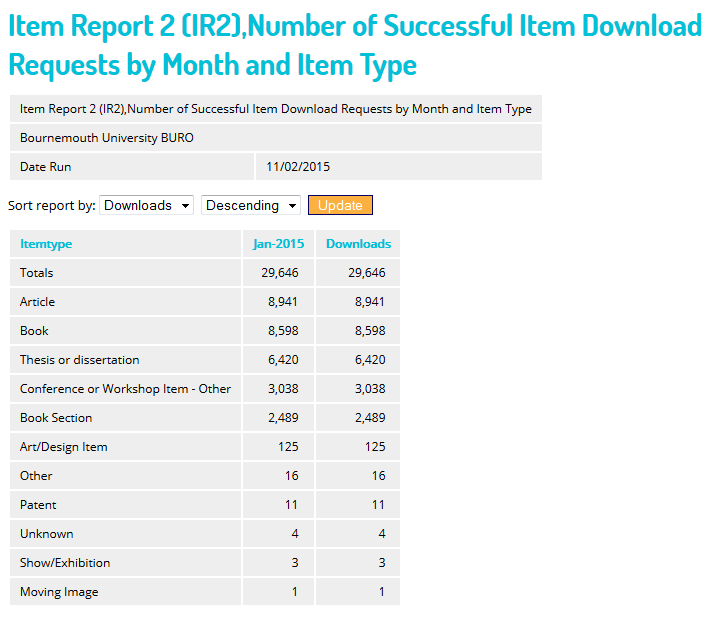
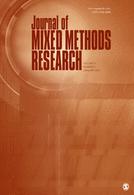
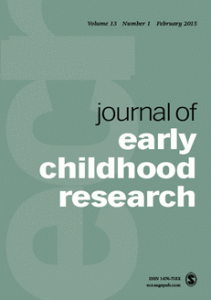
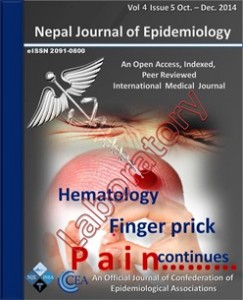

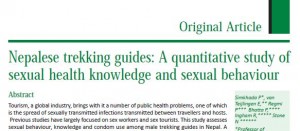
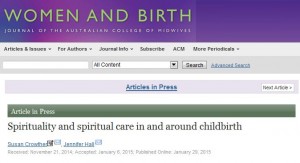



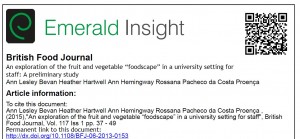
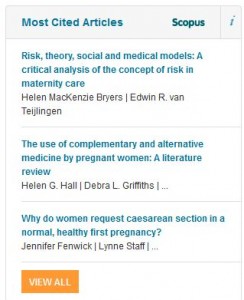











 Second NIHR MIHERC meeting in Bournemouth this week
Second NIHR MIHERC meeting in Bournemouth this week Dr. Ashraf cited on ‘Modest Fashion’ in The Guardian
Dr. Ashraf cited on ‘Modest Fashion’ in The Guardian NIHR-funded research launches website
NIHR-funded research launches website MSCA Postdoctoral Fellowships 2025 Call
MSCA Postdoctoral Fellowships 2025 Call ERC Advanced Grant 2025 Webinar
ERC Advanced Grant 2025 Webinar Horizon Europe Work Programme 2025 Published
Horizon Europe Work Programme 2025 Published Horizon Europe 2025 Work Programme pre-Published
Horizon Europe 2025 Work Programme pre-Published Update on UKRO services
Update on UKRO services European research project exploring use of ‘virtual twins’ to better manage metabolic associated fatty liver disease
European research project exploring use of ‘virtual twins’ to better manage metabolic associated fatty liver disease